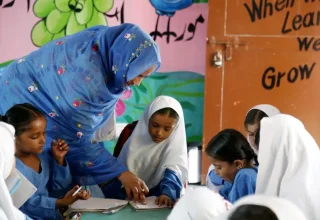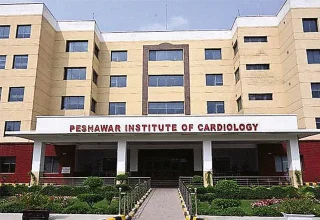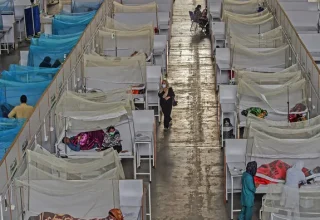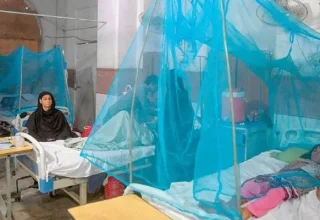
Adopting a “food is medicine” approach can improve nutrition security for families and lower children’s body mass index (BMI), according to a new study led by researchers at the Mass General Brigham Hospital System. Researchers at Massachusetts General Hospital and Boston Children’s Hospital investigated whether providing weekly plant-based meals to families requesting food assistance during the pandemic led to changes in children’s weight.
The team found a correlation between increased receipt of food packages and decreased BMI. The findings, published in the journal Preventing Chronic Disease, add to a growing body of evidence that providing plant-based foods may be an effective strategy for preventing childhood obesity in children from food-insecure families. “Encouraging healthy eating habits in childhood is important to help prevent obesity-related co-morbidities later in life, but many families lack access to expensive healthy foods such as produce,” said senior author Lauren Fichtner, MD, MPH, Mass General at The Greater Boston Food Bank. Director of the Pediatric Nutrition Center for Children and Health and Research Advisor. “Food pantries like MGH Revere’s that can provide families with healthy meals are a huge help in ensuring that children have long, healthy futures and the best cardiovascular and metabolic health possible from an early age.”
Received and estimated that children in families receiving packages for 27 weeks or more could experience a BMI reduction of 1.08 kg/m2 or more.
Although the study focused specifically on the epidemic, the research suggests that these findings may lead to strategies to address the larger problems of food insecurity in the future.
“There was an immediate value in providing these food packages to support families during the pandemic, but we also enabled families and children to make healthy food choices, which we know are important to introduce when children are young,” said first author Alison Wu. MD MPH, attending physician in pediatric gastroenterology, hepatology and nutrition at Boston Children’s Hospital. Wu is a research associate and former research fellow in the Harvard-wide Pediatric Health Services Research Program. “Such support is not only important for their BMI in childhood, but also influences how they choose food and what foods their families prepare for them to improve overall health.”
This research, as well as the MGH Revere Food Pantry, is part of a larger Mass General Brigham ‘food as medicine’ strategy. In collaboration with the 2022 White House Conference on Hunger, Nutrition and Health, Mass General Brigham committed $8.4 million to promote nutrition equity and security, support food as medicine programs to combat food-related diseases, and fund food-related programming in local communities. Organizations based throughout Massachusetts.














































